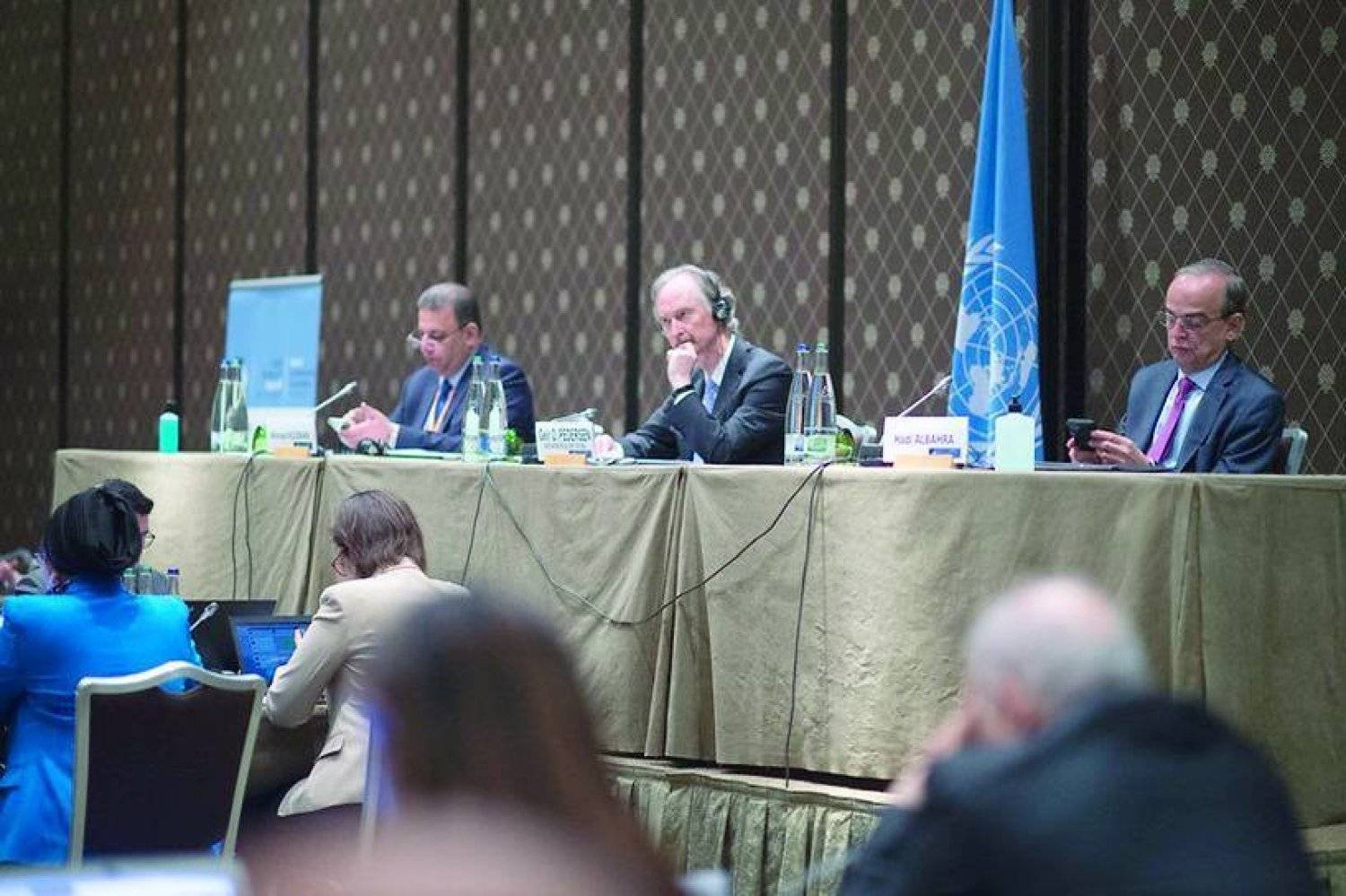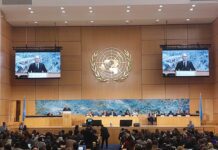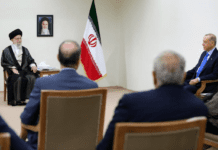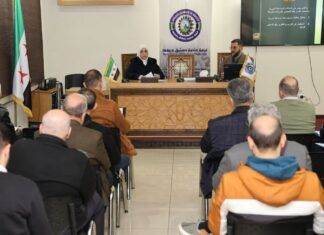
Nearly 14 years into the Syrian conflict, efforts to find a political solution remain mired in challenges, with the latest meetings in Geneva demonstrating the deep divisions among stakeholders. UN Special Envoy for Syria Geir Pedersen called for an immediate de-escalation of hostilities and a renewed push for a political solution in line with UN Security Council Resolution 2254.
Speaking after his August 13 meeting with the Syrian Negotiating Commission (SNC), Pedersen expressed concern over the ongoing violence in Syria and its potential to escalate further. “All parties must immediately reduce the escalation and push for a political solution by Security Council Resolution No. 2254,” he said. The meeting in the Swiss city of Geneva focused on assessing the current political landscape and strategizing for future negotiations.
The SNC representing the Turkey-based opposition, voiced reservations about some of Pedersen’s initiatives. Dr. Badr Jamous, head of the Commission, emphasized their support for any initiatives “consistent with international resolutions” but cautioned against attempts to “bypass” these resolutions. The Commission remains committed to achieving a political transition as outlined in international mandates, despite the Assad regime’s persistent obstruction of the process.
The Commission welcomed Saudi Arabia’s potential role in hosting future meetings of the Constitutional Committee, which aims to draft a new constitution for Syria. While discussions of relocating the talks from Geneva to Riyadh have surfaced, the Commission stressed the importance of clear mechanisms and substantive progress over the location of the meetings.
In his address to the UN Security Council on July 22, Pedersen warned of the risks of regional conflict spilling over into Syria, noting the increase in ISIS attacks as a significant threat to regional stability. He urged that no party, whether military, economic, or political, be excluded from efforts to resolve the Syrian crisis, signaling the need for “inclusive dialogue.”
For its part, the US government remains firm in its refusal to normalize relations with the Assad regime. US Ambassador to Turkey, Jeff Flake, reiterated Washington’s stance, stating that the US would continue to adhere to UN Security Council Resolution 2254 and would not engage in normalization with Assad. This position contrasts with ongoing talks between Turkey and the Assad regime, where issues such as terrorism, refugees, and military withdrawal are being discussed, though without a clear timetable for further negotiations.
The SNC-led political efforts continue to face internal and external pressures as they navigate the complex landscape of the conflict. Criticisms have emerged following the extension of the Commission’s leadership term, but Jamous maintains that these amendments were necessary to adapt to evolving circumstances. The Commission’s primary goal remains “the realization of a democratic and pluralistic Syria, free from the Assad regime’s authoritarian grip.”
As the conflict grinds on, with no end in sight, the international community’s ability to enforce a meaningful resolution remains in question. Pedersen’s call for de-escalation and a political solution highlights the urgency of the situation, but the path forward appears fraught with obstacles, from internal divisions within the external opposition and revolutionary factions to the regime’s intransigence and the geopolitical dynamics at play.








